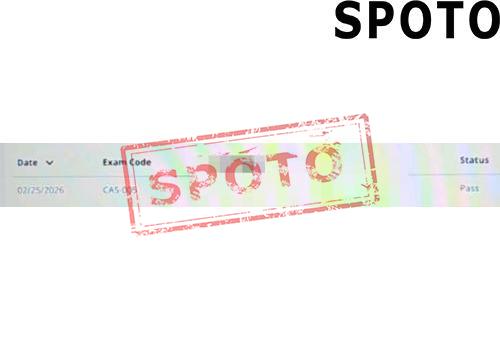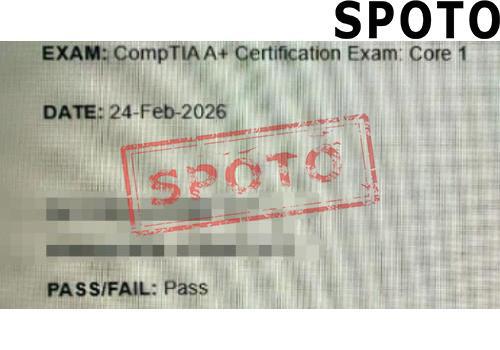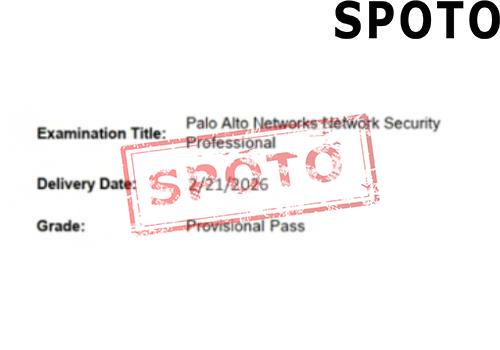
Table of Contents
Are you curious about how top tech companies deliver flawless software and exceptional user experiences? What if the secret weapon behind their success is a role you've barely considered—Quality Assurance Tester?
In today's fast-paced digital world, ensuring that websites and applications run smoothly isn't just a bonus; it's essential. But what exactly does a QA tester do, and how can you start your journey in this dynamic field? This article walks you through an in-depth exploration, from what QA testing entails to career growth opportunities and even how to kickstart your path with quality training. Let's dive in.
1. What is quality assurance testing?
Quality assurance (QA) testing is the structured process of evaluating software or products at various stages of development to identify bugs, glitches, or vulnerabilities before they reach users. Unlike traditional quality control, which inspects finished products, QA emphasizes preventing issues through process-oriented activities. It involves designing and executing tests meticulously to ensure the final product aligns with standards, functions flawlessly, and delivers a seamless user experience.
In simpler terms, QA testing acts like a vigilant gatekeeper—questioning, testing, and breaking things intentionally to make sure the final product works perfectly when it hits the market. Whether it's a mobile app, website, or complex enterprise software, QA acts as the last line of defense against glitches that could cost a company its reputation or customer trust.
2. What Does a Quality Assurance Tester do?
Duties and Responsibilities of a Quality Assurance Tester
A QA tester's role is multi-faceted and vital. They are the first line of interaction with the software, tasked with systematically finding flaws that could impair user experience or security. Their responsibilities include
- Creating detailed test plans and test cases: They design scenarios that mimic real-world use.
- Manual and automated testing: From clicking buttons to writing scripts, they simulate user actions to uncover issues.
- Identifying, documenting, and tracking bugs: Clear and concise bug reports help developers pinpoint problems swiftly.
- Collaborating with developers, product managers, and UX teams: Effective communication ensures everyone understands the issues and solutions.
- Retesting fixes: After developers address bugs, QA verifies that the solutions work as intended.
Moreover, QA testers are skilled in various testing types—unit, integration, system, performance, usability, and even mobile testing—each serving a unique purpose in the software lifecycle. Their goal? To prevent defects, improve quality, and ultimately ensure the product exceeds user expectations.
Related Job Opportunities
- QA Automation Tester
- QA Engineer
- QA Manual Tester
- Test Manager
- Test Engineer
- Test Analyst
- Test Automation Engineer
3. Why become a Quality Assurance Tester?
Salary and Job Outlook
For starters, the demand is growing. The US Bureau of Labor Statistics projects an impressive 17% growth rate for QA roles by 2033, translating into hundreds of thousands of new jobs worldwide. And with the increasing reliance on digital solutions, the importance of QA will only rise.
Salary prospects are attractive too. The average QA tester in the US earns around $82,000 annually, with the potential to grow as you gain experience and certifications. Positions like QA automation engineer or QA manager command even higher salaries, often exceeding six figures.
Diverse Challenges and Opportunities for Growth
Whether you enjoy scripting automation, exploring new testing tools, or working hand-in-hand with developers, the field is rich with growth prospects. It's a career where you GET to solve puzzles, improve products, and see immediate results—an appealing combination for problem solvers and detail-oriented professionals.
4. How to Start Your Journey?
Embarking on a QA career is more accessible than you might think. Start by gaining foundational knowledge through online courses—We offer comprehensive training that covers essential testing techniques, automation tools, and industry best practices. Their courses are designed for beginners and seasoned professionals alike, preparing you to tackle real-world testing challenges confidently.
Key steps include:
- Learn the basics of software testing: Understand different testing types, methodologies, and how they ensure quality.
- Develop technical skills: Familiarize yourself with testing tools like Selenium, JMeter, or Postman for automation.
- Get certified: Obtain Google IT Support or Google Cloud certifications to boost your marketability.
- Gain practical experience: Practice by working on projects or enrolling in hands-on courses—SPOTO's practice-led modules are perfect here. Investing in structured education accelerates your path, minimizes trial and error, and puts you on a clear trajectory to a rewarding QA career.
5. Conclusion
Quality assurance testing is more than just finding bugs; it's about ensuring excellence, building trust, and shaping user experiences that keep customers coming back. With a solid foundation, continuous learning, and industry-relevant certifications, you can transition into this field and enjoy a career rich with challenges and opportunities.
Are you ready to start? The journey begins now—equipped with the right skills and training, your future as a QA professional is within reach. Take the leap, and let SPOTO support your ambitions every step of the way.
Interested in learning more? Check out SPOTO's specialized QA testing courses—they are designed to empower you with the skills that employers value most. Enroll today and turn your curiosity into a lucrative, impactful career!










